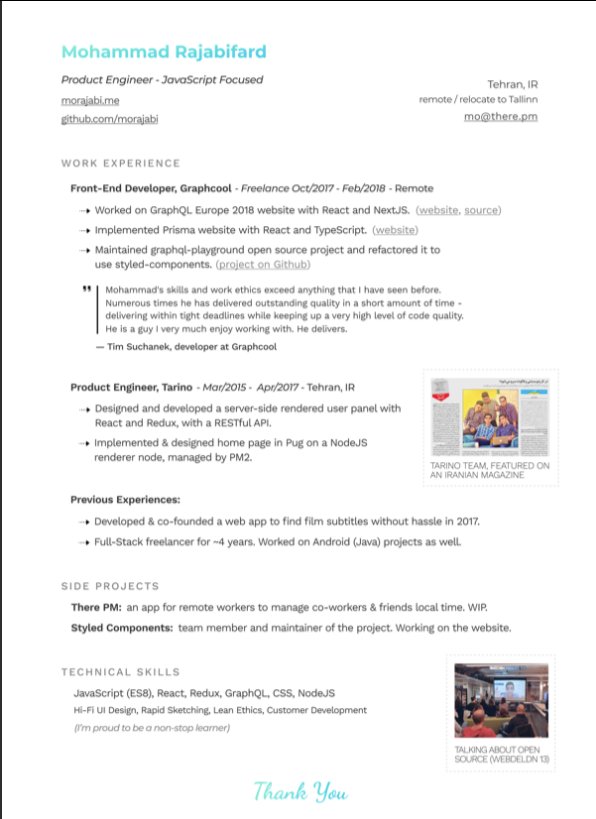1. If business partnership was like marriage, I'd married someone that I'd only been on a few dates with and barely knew.
I partnered out of insecurity with someone who talked a good game and seemed strong in the areas I felt weak.
This insecurity cost me $$$
2. Questions I wished I had asked before taking on a partner:
- What are my goals for this business?
- What are my strengths and weaknesses?
- What parts of starting/building this business am I the most unsure about?
- What might my perfect partner look like?
3. Qualities to look for in a business partner:
✅ Financially sensible & secure
✅ Shared vision & goals
✅ Emotionally intelligent (high eq > high iq)
✅ High integrity
✅ Similar work ethic
4. How to split equity
50/50 isn’t a business decision, it’s a settlement.
It’s a common way to decide equity splits because a down-the-middle split seems 'fair'. However, it's also lazy and more often than not is a bad deal for one person, and gets worse the longer it goes on
5. Your business isn't pie, and 'fair' doesn't mean equal. Equity should be decided by what each of you bringing to the table in terms of:
💰 Money
🎯 Skills
👥 Network
💡 Original idea
⏳ Experience
💪🏻 Sweat equity
6. Vesting is CRUCIAL
Vesting is a term I wasn’t even aware of in 2015, but it’s essentially a way to accrue your equity over time instead of all at once. Common in the startup world, but not in the bootstrapped world.
My mistake: We both got our full 50% equity up front 🤦🏻♀️
7. This became problematic when just over 2 years later my partner stepped away from the business, which meant 50% of the equity walked out the door.
Had we vested, he may only have been able to walk out with 20-25% equity.
😩😩😩
8. Operating agreement; boring but important AF!
You must have an operating agreement! The purpose of this is to govern the internal operations of the business in a way that suits you - the owners.
Do NOT use a template or try to save money by avoiding using a lawyer.
9. Once the company lawyer drafts the OA, you need to have your own lawyer review it so you can ensure your personal interests are covered.
This is one way I screwed myself and it became an enormous (and expensive) problem later.
Reenactment of me fixing later:
10. The Buy/Sell agreement 🤝
In marriage, the general statistic is that 50% of marriages end in divorce.
Well, 100% of businesses are going to end at some point and should be planned for at the beginning. Think of the buy-sell agreement as the prenup for your business.
11. The buy/sell agreement should cover:
- How should the business be valued?
- How quickly am I going to get paid out?
- Who can I/can I not sell to?
- Does my spouse have to sell back to the business if I die?
- What happens in a divorce when assets are split?
12. Some other general rules I learned the hard way...
Owners should have fiduciary responsibility to the company.
13. Any involvement/investments on projects outside the company should be disclosed, and there should be no ownership that would create a conflict of interest or problem for the biz.
14. Each owner should sign over IP created by themselves to the company. This means any content, product etc you create will be owned by the company, not by you as an individual.
15. There should be an explicit company expense policy!
Financial stress is one of the biggest reasons for divorce, and it’s no different in a business partnership — you need an explicit policy and it should include reward points.
16. 👆🏻That way one of you isn’t flying coach while the other flies first class on the company account.
17. Like I said at the beginning, choosing a business partner could be the second most important relationship you ever choose and it could make or break your business.
In my case, my choice almost broke me and the business by the end.
If you want some more backstory on this partnership and more detail than this tweet thread, check out my in-depth article here:
https://t.co/OgRVAn3Tvd
As of September 24th 2020 I've become solo owner of
@bestselfco and bought out that business partner that taught me all those hard lessons.
Official announcement here:
https://t.co/CzbrXkUcex



